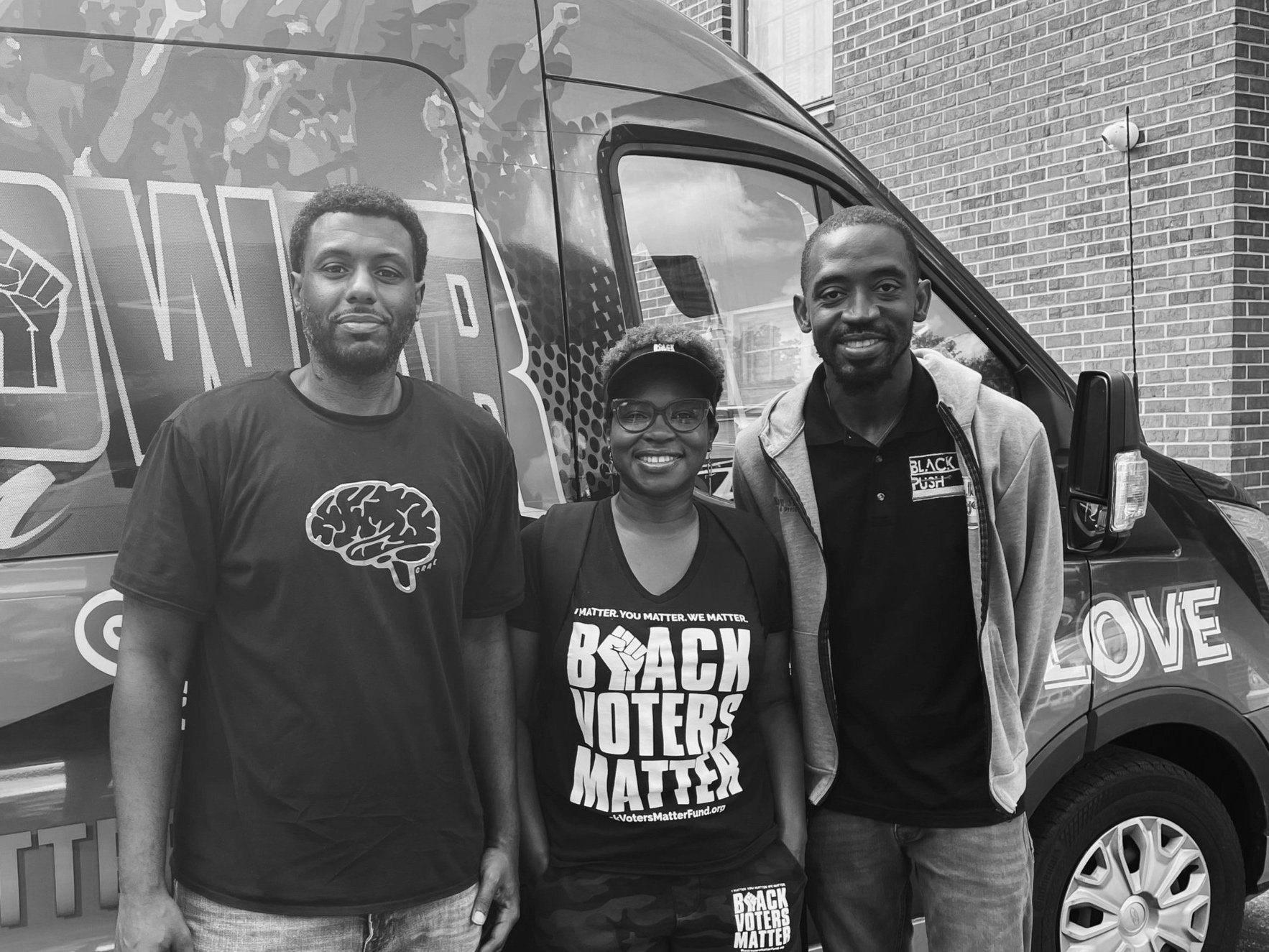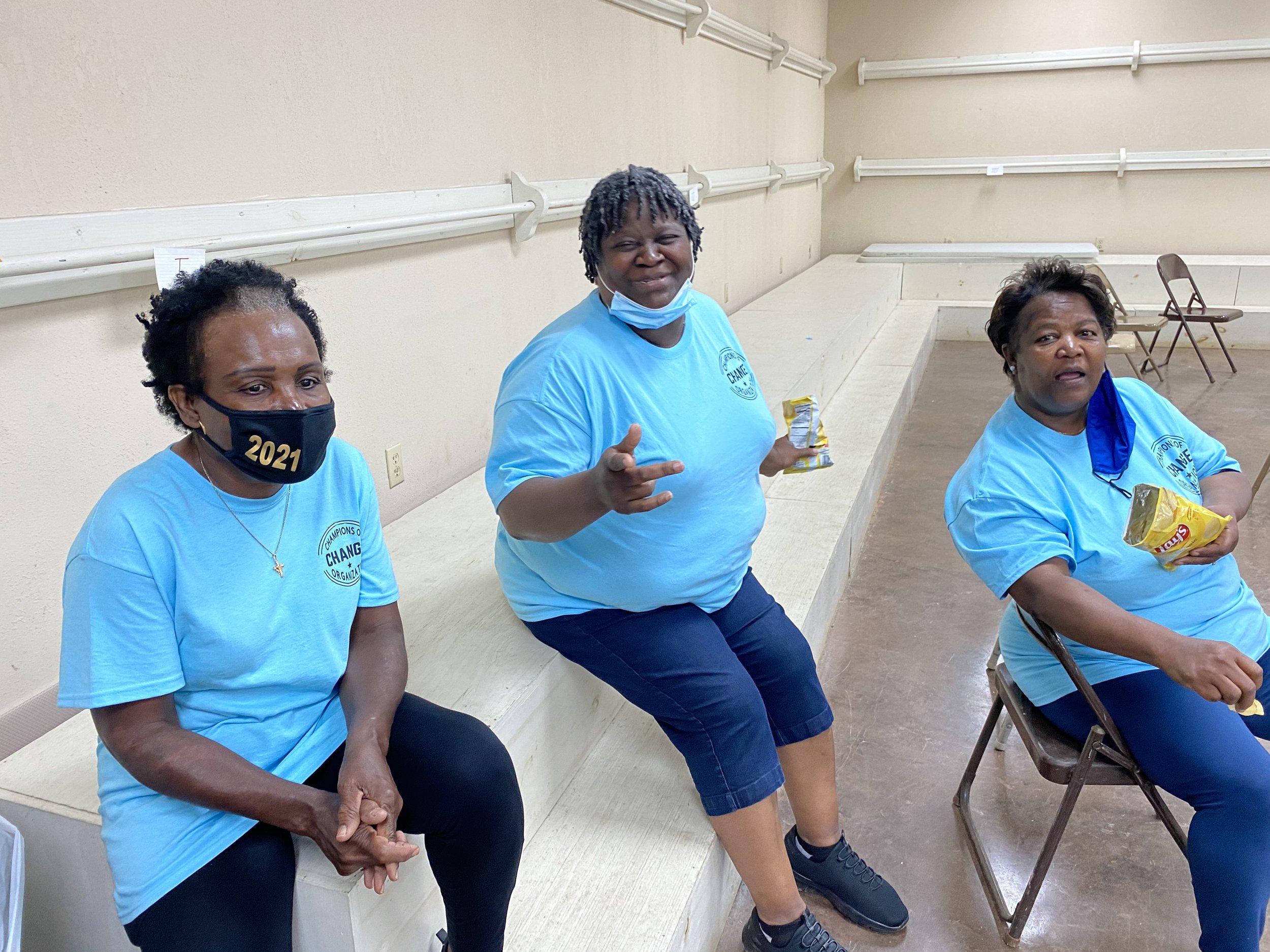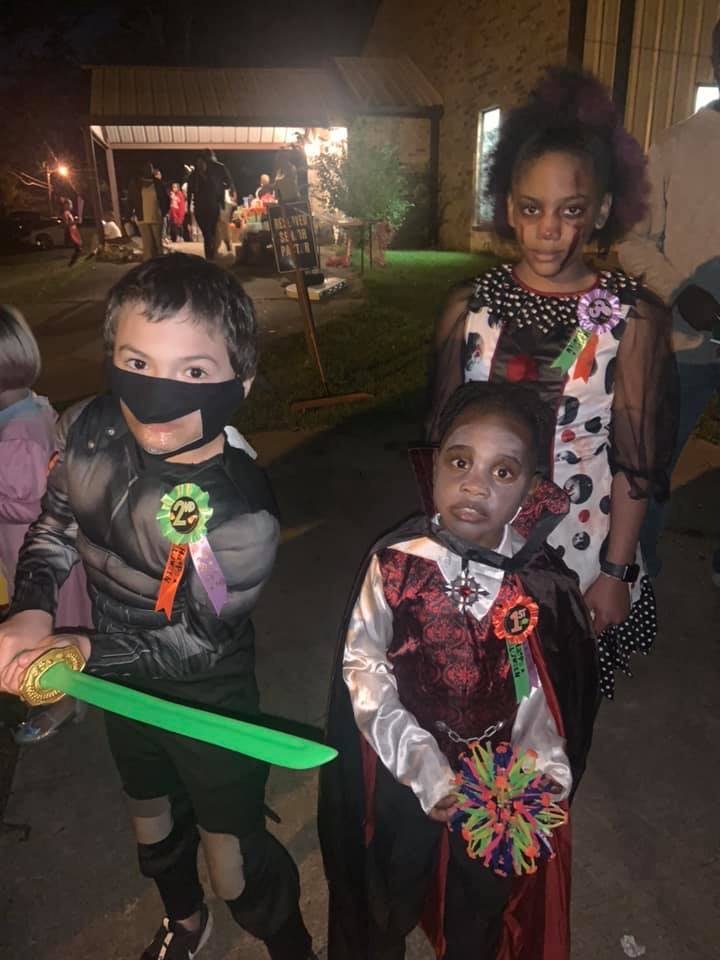
OUR MISSION
GRAE was created in 2017 in the American South as a response to punitive traffic and misdemeanor laws and sentencing in the Black community. Today, GRAE’s WCs serve low-income people of all backgrounds. We make a concentrated effort to focus on communities that are affected inequitably. Black women comprise more than 50% of our participants. Ultimately, we seek to benefit all people in the United States by rebuilding our court system into one that is focused on public safety and supporting communities.
How does it work? The WC gives select misdemeanor, traffic, and non-violent felony defendants who have a "failure to appear" warrant an opportunity to get arrest warrants recalled, without the fear of arrest. GRAE works with local grassroots organizations in each city. Furthermore, when we establish a new WC location, we commit to hosting events for three to five years or until the failure to appear and warrant backlog issue is fixed.
To carry out each WC, GRAE organizers initially make contact with judges who see value in clearing their court dockets while simultaneously helping members of their community. WCs are held on a Saturday at a community location, such as a church or community center. The choice of venue relieves the anxiety and fear of arrest that many Black and Brown people feel when going into courtrooms, police stations and justice centers.
Community members who participate have an opportunity to consult an attorney and collaborate with the District Attorney’s office beforehand and/or on-site. The WC often leads to a resetting of court dates, dismissal of charges, a recall of arrest warrants, and a reduction of fines and fees. The result is that people walk away from the WC with their “freedom papers” and one less reason to live in fear.
In this way, hundreds of community members are now exposed to a reimagined system of justice, and we are building a volunteer base for future WCs. Our commitment to resolving the warrant issue means that we will offer support with transportation, text or phone reminders, and day-of-court assistance for those who may still need to go to a court building after a clinic. Furthermore, the pre-registered who don’t attend the clinic get the same assistance offered.
Many graduates of the WC volunteer with GRAE, and our community-based partners, to administer future clinics. They work with community leaders and elected officials to identify and engage with progressive judges who may be open to dismissing misdemeanor fees and fines.






